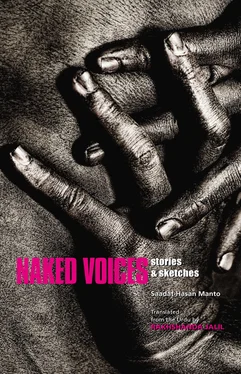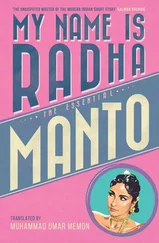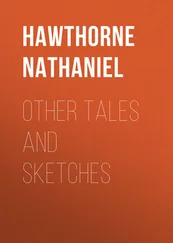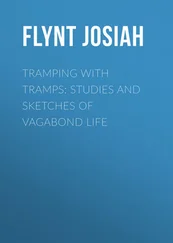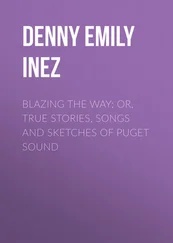There was chaos all around. One man’s laughter could turn into another person’s sigh. One man’s life spelt another’s death. Two streams were flowing side by side: one had life, the other death. In between there was happiness which was perpetually under the onslaught of hunger and thirst and alcoholism. A death-like atmosphere prevailed. Just as the screeching of kites, aimlessly circling the skies at the onset of summer have a sadness, so did the shouts of ‘Long Live Pakistan’ and ‘Long Live Quaid-e-Azam’. Carrying the burden, night and day, of one of the late poet Iqbal’s legendry poems, the radio waves too sounded weary. The feature programmes on radio were mostly on: How to raise poultry? How to make shoes? What is gardening? Or, how many people have come to the refugee camps? And, how many have left?
Almost all the trees were naked. The poorer refugees had stripped their bark and lit fires to escape the bitter cold and to keep their bodies warm. They had cut off the twigs and branches to quench the fire in their bellies. These denuded trees made the city look even more intolerably, heart-breakingly desolate. The buildings looked as though they were in mourning. Their inhabitants, too, looked as though they were grieving. They might laugh or play or if they found some work, they would do that too but everything seemed as though it was taking place in a vacuum — a vacuum that was filled to the brim and yet empty.
I met my dear friend Ahmad Nadeem Qasmi and Sahir Ludhianvi and several others. Like me, they too suffered from a mental paralysis. I had begun to feel as though some of the tremors of the terrible earthquake that had so devastated us were still lodged somewhere, perhaps inside a volcano. If they were to burst forth, they might set the world right, fix its ‘temperament’ as it were and then, finally, we might get a real sense of the situation we were in.
Thinking about all this made me feel sad and fed up. And so I began to loaf around. I would loiter in the streets all day like a vagabond. I would stay quiet myself, but listen to others. I would listen to all sorts of talk — perfect nonsense, illogical arguments and half-baked political discourses. The one good thing that emerged from this aimless loitering was that the cloud of dust and smoke that fogged my brain gradually settled down and I decided to write a few light-weight, frothy little pieces. Therefore, I wrote short essays for the Imroze on ‘The Types of Noses’ and ‘Writing on the Wall’. These were liked. Little by little, humour began to take the form of satire. I never quite felt this change. I kept writing and my pen kept producing sharp and irascible pieces such as, ‘The Question Arises’ and ‘Last Morning When I Woke Up’. I was pleased when I discovered that my pen had groped its way out of the fog that had once held it in its grip and found its own path. I felt lighter, too. And I began to write prolifically. This collection of essays was later published under the title ‘Bitter, Salty and Sweet’.
(This is an extract from a much longer essay which also served as an Introduction for Thanda Gosht , Delhi, Maktaba-e-Nau, 1950.)
1 From the verse by Mirza Asadullah Khan Ghalib: Larazta hai mera dil zahmat-e-mehr-e-darakhshan par Main hoon woh qatra-e-shabnam ke ho khaar-e-bayabaan par . (My heart trembles at the trouble taken by the shining sun;I am the drop of dew that rests on a desert thorn.)
Fiction, non-fiction, biographies, cookbooks, or coffee-table books — Roli has something for everyone. With our all-time best-selling titles from Men who killed Gandhi to Men of Steel ; and from Dongri to Dubai to I too had a Dream , Roli's books have carved a niche in the world of publishing. For more information on our authors, best sellers, new and forthcoming titles, please visit www.rolibooks.com. You can also find us on Twitter, Facebook, and Pinterest.
